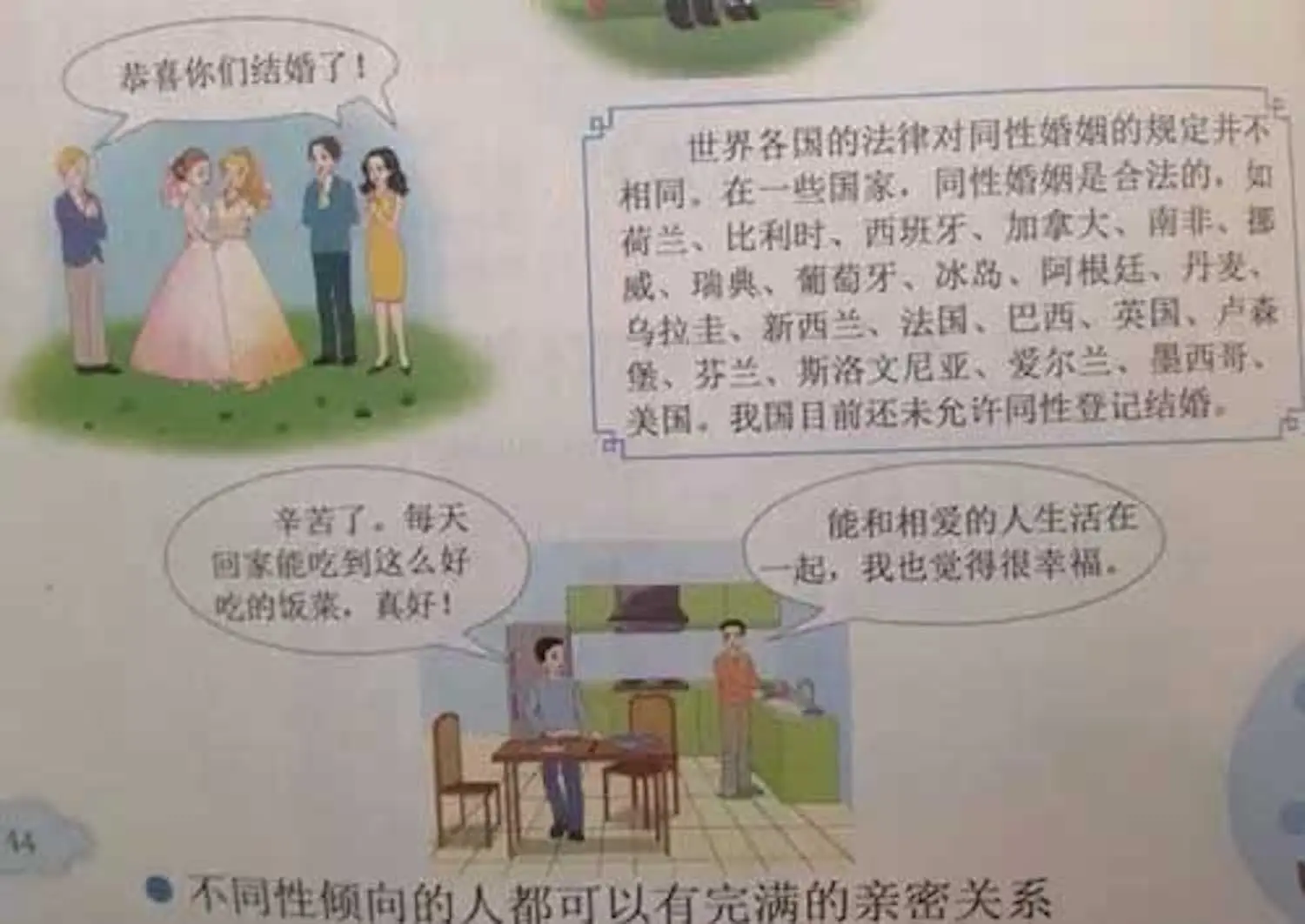Chinese basketball team slammed for carrying banners saying ‘keep gays away’

A Utah official has sparked uproar after falsely suggesting teen athlete was trans. (AFP/Getty Images)
A university basketball team has come under fire for carrying signs which encourage anti-LGBT attitudes.
The banners were carried by members of the women’s basketball team at the Huazhong University of Science and Technology in China.
The university has become known for fairly tolerant attitudes to LGBT+ people, and people have waved rainbow flags at graduation ceremonies.

One of the banners carried by the team read: “Protect traditional Chinese morals,” and another said: “Defend core socialist values. Resist corrosion from decadent Western thoughts. Keep homosexuality far from campus.”
After photos of the banners were posted by the team’s coach Ling Bing on Sunday, the university faced a backlash.
People across the country have called for the coach to be sacked and for the students who carried the banners to face disciplinary action.
“It’s shocking to know things like this can happen,” Luo Yinxi, 21, a gay student at the university told the New York Times.
“This incident will be over soon, but the scar of it is never going to be erased,” one user wrote on WeChat of the banners.
“Don’t wait until the next tragedy to make up for it.”
The hashtag #NoQueerNoGame was shared by those wishing to show solidarity with lesbian athletes.
Mothers of gay and bi students also held up a banner countering the hateful messages of those carried by the team.
The group of parents urged the university to officially investigated the students and coach responsible for the banners.
Homosexuality was decriminalised in China in 1997, and is slowly becoming more tolerant of the LGBT+ community.
That said, the country still hasn’t legalised same-sex marriage and does not appear to have plans to do so.
Following the controversy, Bing, the coach, has posted anti-gay rants on his social media accounts, and his team has been accused of harassing lesbian team members.
He described it as a “double standard” that gay students can carry the rainbow flag but that those opposed to gay rights are criticised for carrying hateful messages.
The university has not commented on the controversy.
A new Chinese sex education policy unveiled last month is surprisingly inclusive, including sections about same-sex relationships, sexuality and gender equality.

Apple earlier this year stripped all reference to HIV/AIDS from the launch of a special red charity edition iPhone in China.
The absence of any charity branding in China could be a response to the country’s cultural skittishness around the AIDS crisis.
A gay woman in China has also set up a marriage of convenience service called iHomo to help gay people trick their families into thinking they are married.
A transgender man in China in January won an illegal dismissal case after being fired from his job.

